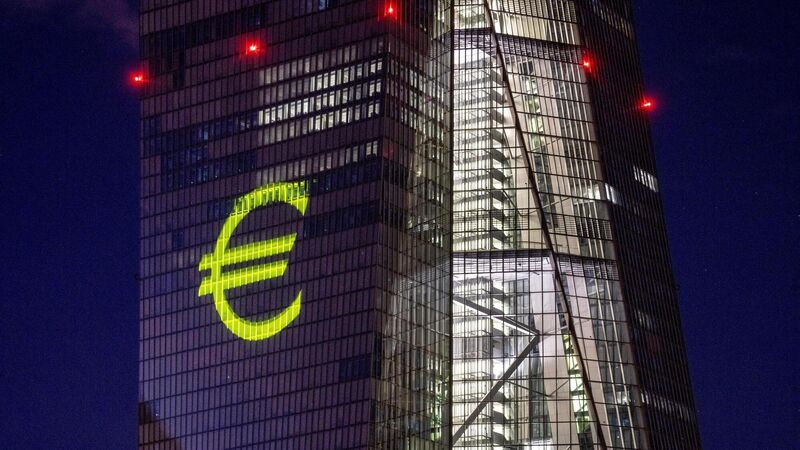Drumbeat for ECB interest rate cuts restarts as bond yields fall

The governor of the French central bank conceded that official rates were heading lower in 2024, adding to pressure on the ECB to cut interest rates.
Try from €1.50 / week
SUBSCRIBEThe drumbeat for European Central Bank (ECB) interest rate cuts has restarted as government debt markets reflected on slowing eurozone inflation, and as the governor of the French central bank conceded that official rates were heading lower in 2024.
ECB governing council member François Villeroy de Galhau said the central bank should lower borrowing costs next year, after keeping them at their peak long enough to ensure it has beaten down inflation.
Already a subscriber? Sign in
You have reached your article limit.
Annual €130 €80
Best value
Monthly €12€6 / month
Introductory offers for new customers. Annual billed once for first year. Renews at €130. Monthly initial discount (first 3 months) billed monthly, then €12 a month. Ts&Cs apply.
CONNECT WITH US TODAY
Be the first to know the latest news and updates
Newsletter
News and analysis on business, money and jobs from Munster and beyond by our expert team of business writers.
Newsletter
News and analysis on business, money and jobs from Munster and beyond by our expert team of business writers.
Newsletter
Keep up with stories of the day with our lunchtime news wrap and important breaking news alerts.
Newsletter
Sign up to the best reads of the week from irishexaminer.com selected just for you.
Friday, February 13, 2026 - 10:00 PM
Friday, February 13, 2026 - 10:00 PM
Friday, February 13, 2026 - 9:00 PM
© Examiner Echo Group Limited